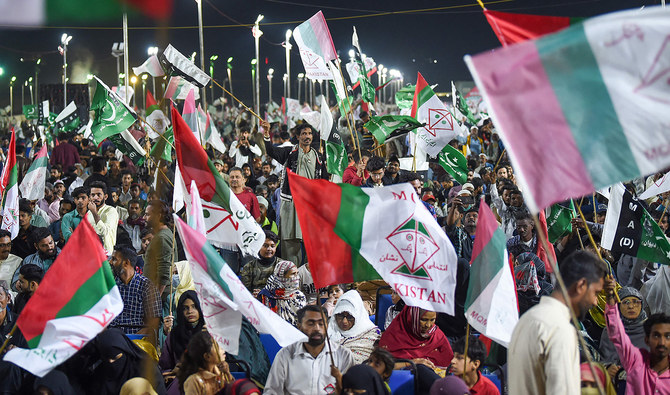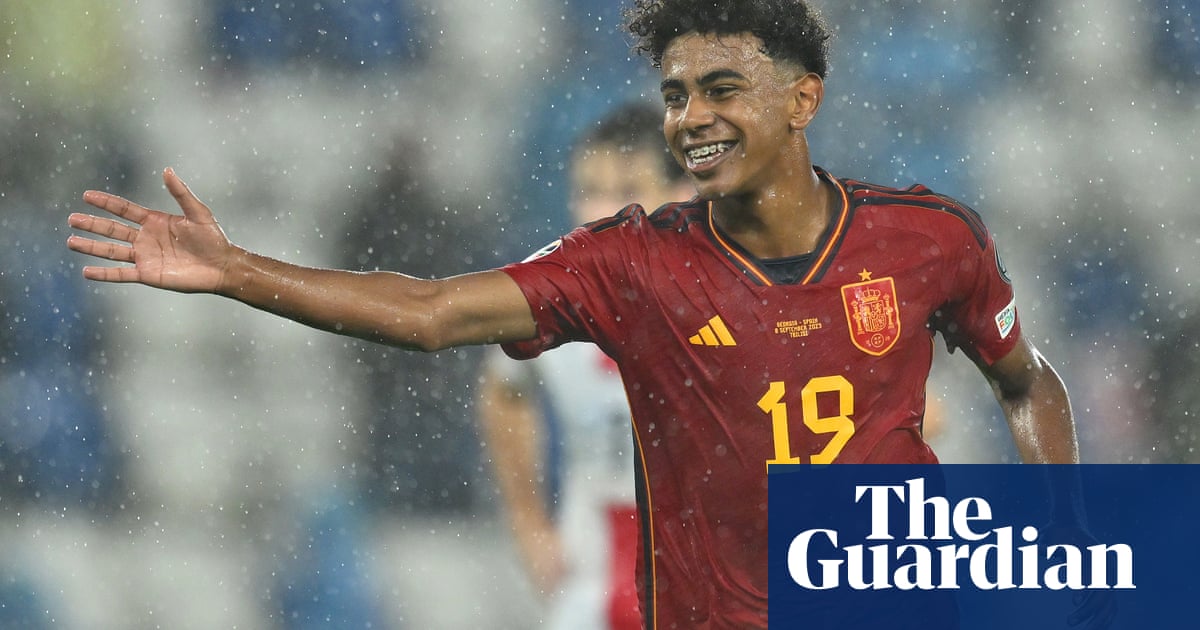
Rotterdam, this time last year. In the Nhow hotel on Wilhelminakade, overlooking the river Maas, Jesús Navas has just been asked the simplest yet deepest question of them all: what was it like? And so he tells them, a group of players gathered round as if he were a grandad in a rocking chair, only he’s still running. “It was incredible,” he says. “I told them about the World Cup. About the goal. How we celebrated. We were all there, hairs standing on end. And that gave us the energy to face the final.”
That evening at De Kuip, Spain won the Nations League, beating Croatia on penalties. It may not be a major tournament – for some it is barely a tournament at all – but it was something and it was a start. For the first time in 11 years, the selección had lifted a trophy, reacquainted with a feeling slipping further into the past, one few of them had felt. Which is why they had asked, Dani Olmo starting the conversation; it is also why, 12 months on, there is a glint in Navas’s eye. This is not solely nostalgia, it is now.
The greatest moment in Spain’s football history started at his feet, setting off up the right wing in the 116th minute of the final at Soccer City, South Africa. He is the only player left from the 2010 World Cup-winning team, the last standing from Euro 2012 too. He recently renewed his contract at Sevilla but only until 31 December, at which point he will retire, aged 39. And then there will be none. “It is incredible to be here at my age, to be able to enjoy this,” he says. “They ask me; they know how long I have been in football. I try to guide them to tell them that being here is unique.”
This is a different generation. Which is not to say they are all kids; far from it: Joselu is 34, Dani Carvajal 32, and Álvaro Morata 31. Rodri is 27, Fabián Ruiz 28, Olmo 26. There is plenty of tournament experience between them. But it is a generation removed from Spain’s golden era and even the last World Cup, only 10 of the Qatar 2022 squad remain. And if there is a face of hope, a reason for excitement, it belongs at least in part to a kid. Quite literally. Pedri and Nico Williams are 21; Lamine Yamal is 16. Can’t drink, can’t drive, can lead Spain to the Euros. That’s the hope, at least.
When Navas began that run in South Africa, Lamine was two days away from his third birthday. When Navas made his professional debut, he hadn’t been born. Williams was one.
They know about 2010, Navas says, but they have grown without seeing success. Worse: while that generation always lingers in the collective memory, which may not always be helpful and certainly is not always fair on the footballers who followed it, they have mostly seen Spain fail. Now they are a reason to believe that won’t be repeated.
After 2012, when the selección won a third tournament in a row, they went three consecutive competitions – 2014, 2016, 2018 – without winning a knockout game. In 2021, they reached the semi-final where they lost to Italy on penalties – “that still hurts,” the captain, Morata, admits. But then in Qatar, with expectations renewed by the Euros, they were again eliminated in the first knockout round, this time by Morocco. Spain wondered whether they just weren’t that good any more.
In truth, that idea remains. Look towards France, Germany, England and Portugal, and Spaniards see players who are among the best in the world; look towards their own team, and they do not. Significant doubts remain: about the central defenders and the centre-forward. Aymeric Laporte is injured and likely to be replaced by Nacho Fernández. Morata has had a difficult few months, the optimism of his early season form disappearing to be replaced by another expression of his vulnerability, the image of a man for whom happiness always appears just out of reach. Something though has shifted, slowly at first and then fast.
Spain’s World Cup elimination had a familiar feel about it; as in 2018, they had dominated possession to the point of caricature, then been beaten on penalties. Luis de la Fuente, who had coached the under-21s and under-19s to European success, was in part a continuity candidate but he was also explicitly entrusted with an evolution in style. There have been changes in personnel, some forced rather than through choice, Sergio Busquets and Jordi Alba among those retiring. There have been changes in play too. As Mikel Merino puts it: “We will try to dominate but we will also adapt and run counters.”
Life after Qatar did not begin well. There was scepticism when De la Fuente took over from Luis Enrique, which wasn’t allayed when they lost to Scotland. Still less when he stood to applaud Luis Rubiales during that infamous speech in which the then president of the federation refused to resign having kissed Jenni Hermoso after the Women’s World Cup final. The coach apologised and excused himself that he just wasn’t very good at managing scenarios such as that, and, frankly, the evidence of his early public appearances suggested as much. The coach did not seem likely to last very long.
When Spain went to Tbilisi, they left the boots behind; the night before facing Georgia, the players completed the session in trainers. The next day they won 7-1. “The press was not convinced, [but] we were,” Unai Simón says.
“Luis de la Fuente understood that the team needed time to assimilate his ideas,” Rodri says. “He gives a freedom to the players. There are two or three key ideas. He wants a more direct team, more decisive in the two areas; we try to be a bit more vertical, a bit less focused on possession [per se] but on possession to hurt opponents. We have had to change the ‘chip’, adapt. The coach gives you guidelines, a ‘script’ and then it’s the players who have to interpret that. Above all you have to be aware of the profile of players you have.”
Rodri’s progression and maturity, his emergence as an elite midfielder has been key. Nations League success suggested that this team could compete. Pedri’s return from two years of injury have brought optimism in recent weeks. And then come the kids.
When it was put to Morata this week that Spain no longer have the kind of players that could aspire to the Balon d’Or, the talent to aspire to major tournaments, he insisted: “Rodri could easily have won it last year; all he lacks is marketing. I always tell him that. We have Pedri, who is different to other footballers. And I’m sure that Nico and Lamine will be there in the future.”
It is an awful lot of responsibility to lay on the shoulders of a schoolboy who has genuinely arrived in Germany with homework to do. “That [mental] aspect is more important than purely footballing questions,” De la Fuente says. “What we have to do is normalise the situation and support them. You have to explain that he will grow much more with humility. He needs to have that balance; we have to educate him.”
“They are very young players, Lamine especially – he’s a kid – but with a talent that only the chosen ones have. It’s like he has been touched by the wand of God. Very few have that quality, that incredible ability. They’re special footballers. They have that touch that makes them different to the rest.”
Which is why if few see Spain among the favourites, alongside France, Germany, England and Portugal, there is a growing belief that they are among the candidates. The unknown is not something to be feared but embraced this time, something in Lamine and in Nico that excites, something different: fast, skilful, daring. The perfect additions, a twist on tiki-taka, as if chosen precisely to remedy the problems Spain lived with for so long. Something new.
Or maybe not so new, a hint of Navas 14 years later – “one-on-one, take people on, very fast; the football I like, the position I played” – two generations united in an idea, a team being built again. “They ask, and I tell them; I try to help, to advise them,” Navas says. “They’re young, they live it all so intensely and they see in us an example, above all of desire, enthusiasm, work. I’m sure they will have seen 2010 once or twice. They’re young, sure, but what we did was unique and will be there for ever. I see similarities now to what we were then; we’re on the same path. I tell them that every session is a chance to enjoy football. I enjoy it now more than ever, knowing that every game could be the last.”












